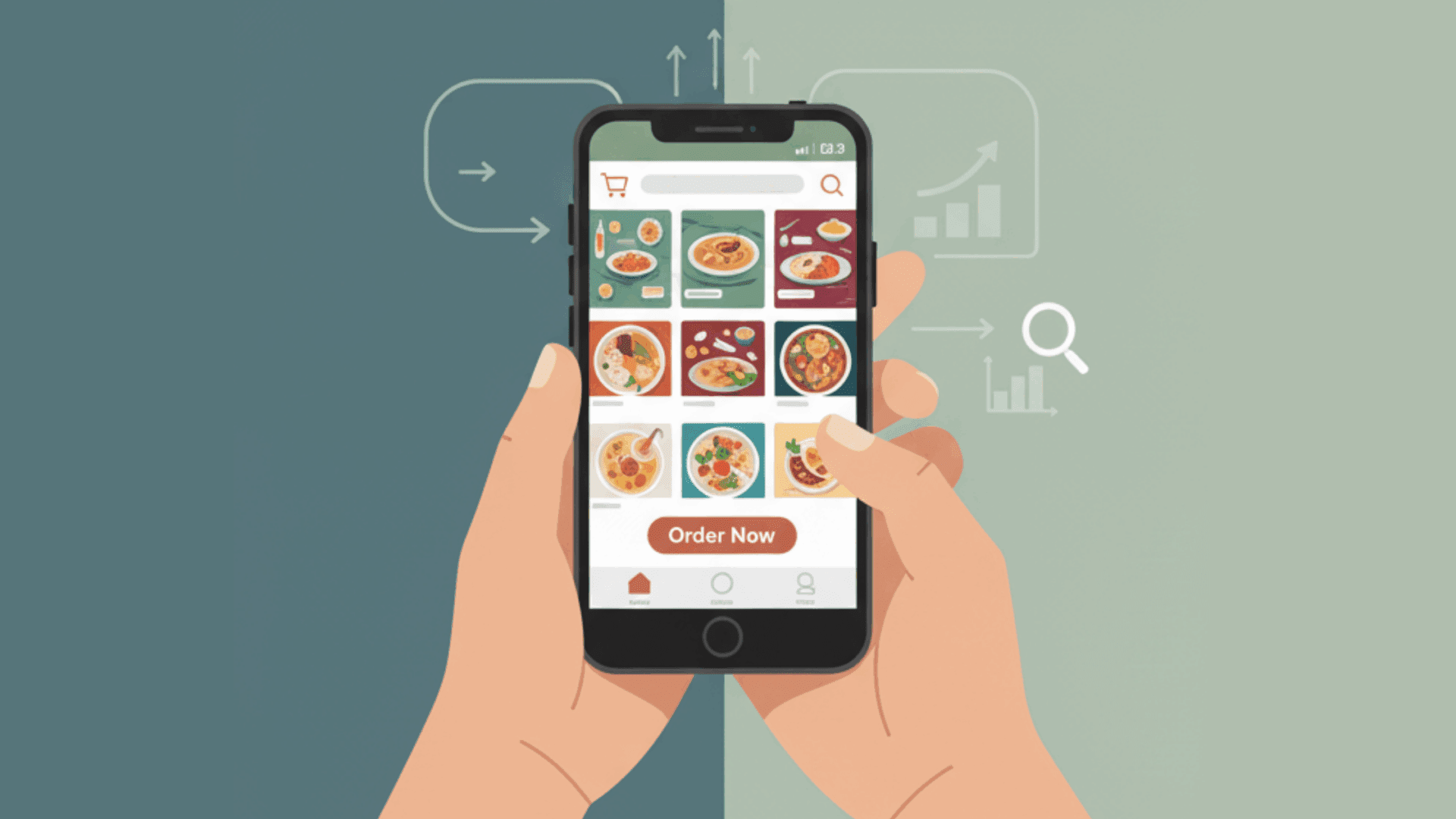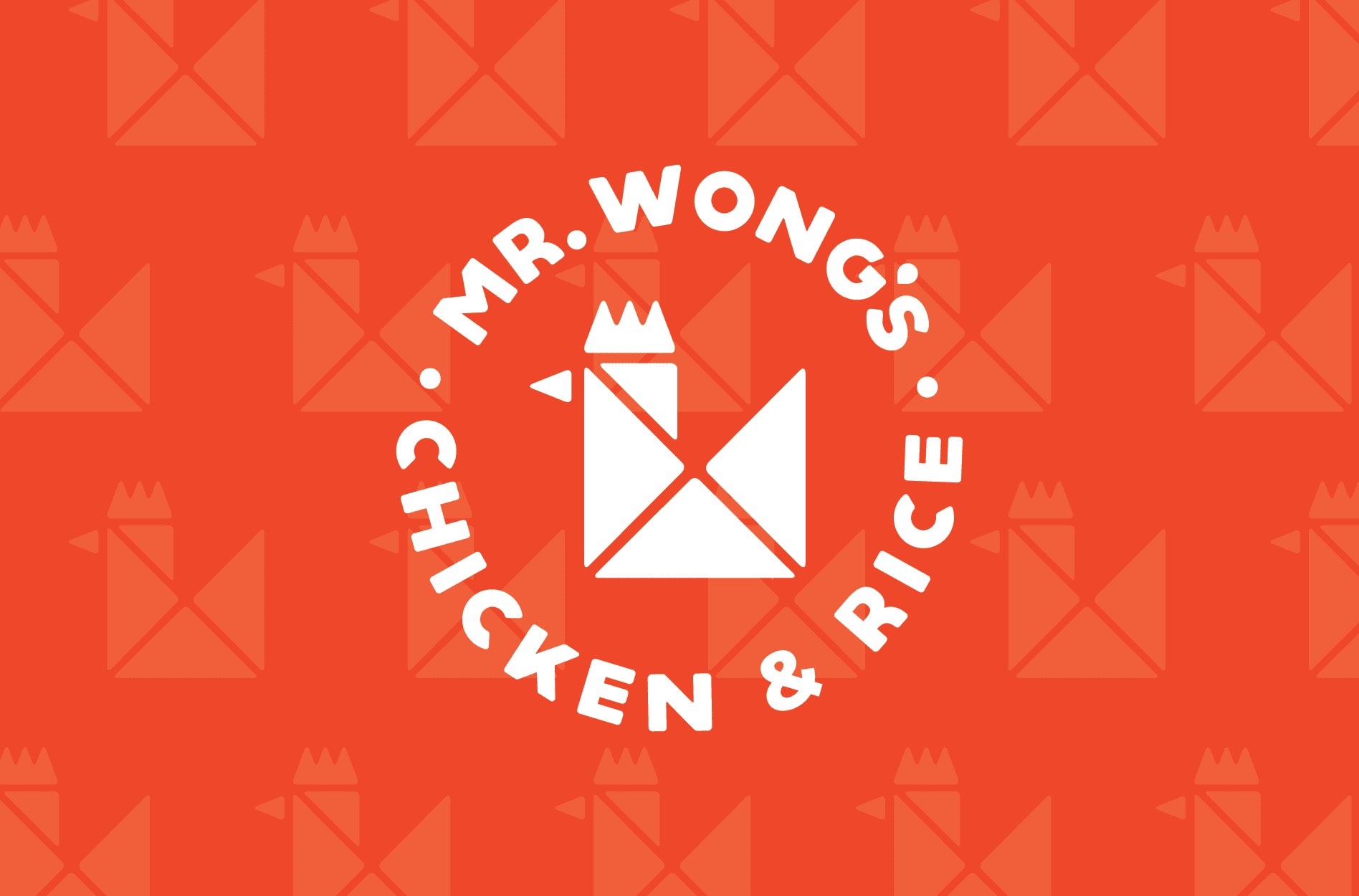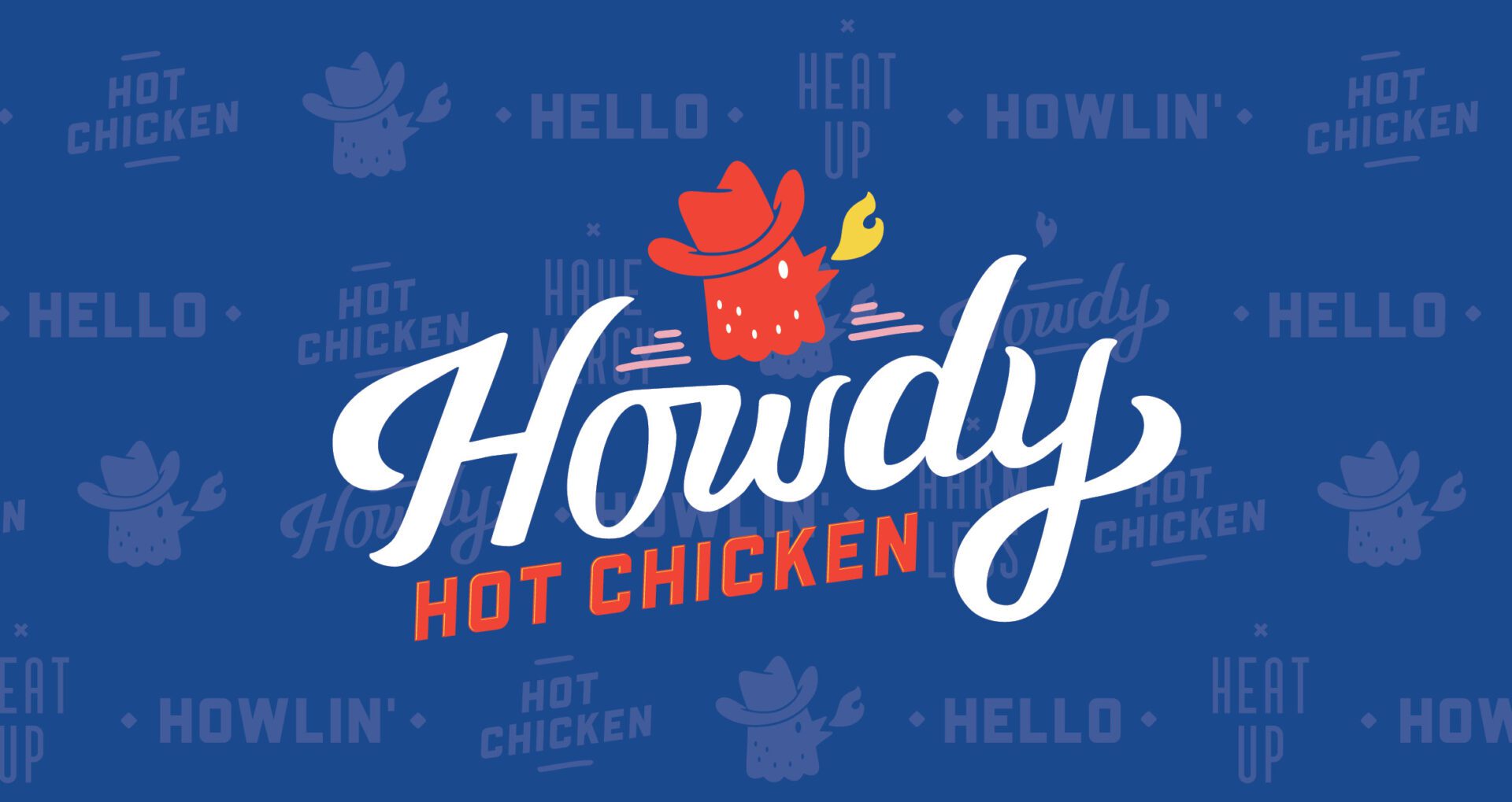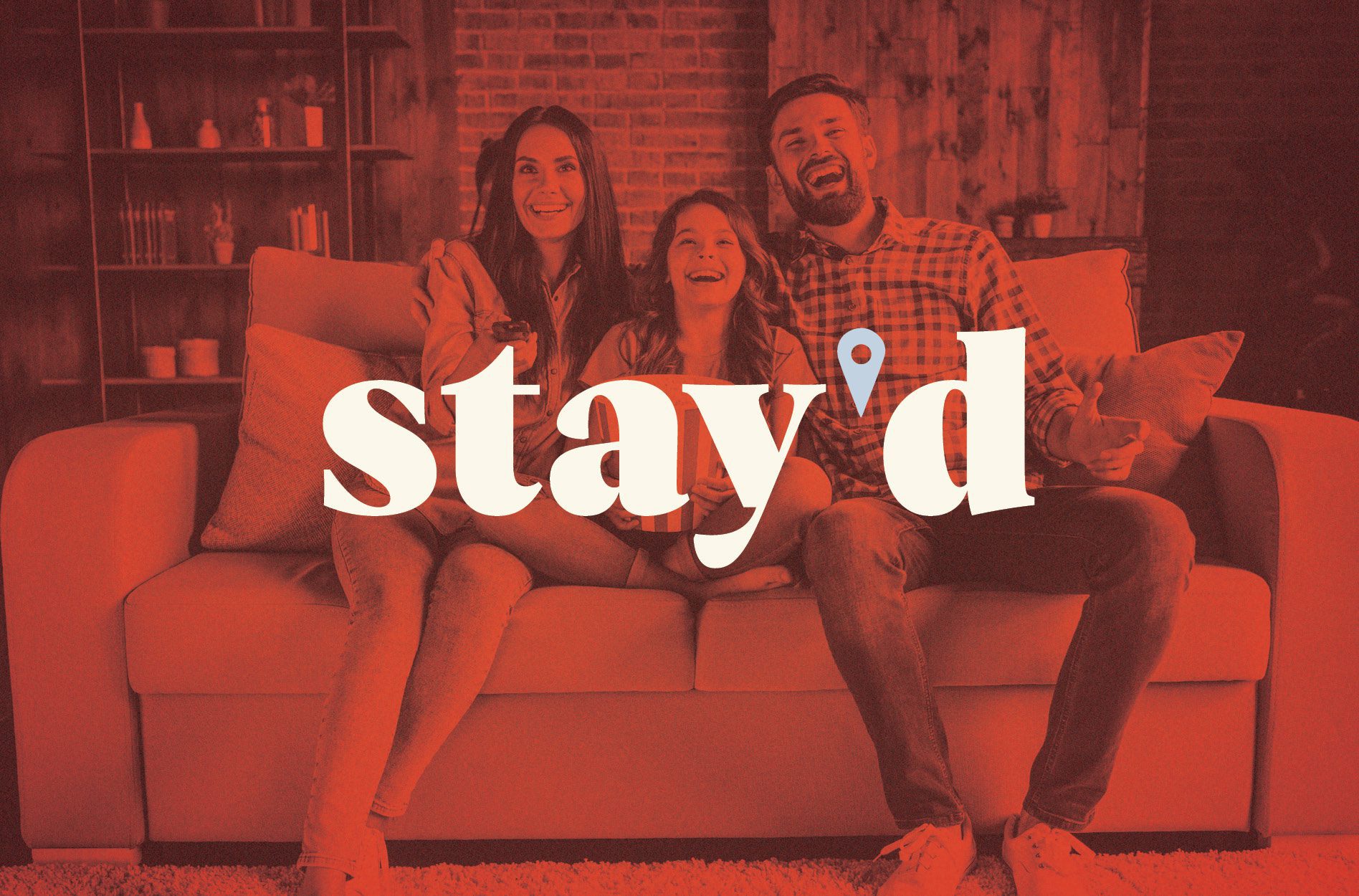How GEO Can Help Your Restaurant Outrank the Competition in 2025
If you’ve been keeping up with the evolution of search and digital visibility, you’ve likely heard of Generative Engine Optimization (GEO). Simply put, GEO is the practice of optimizing your content so that it isn’t just found through traditional search engines but also recognized, cited, and surfaced by AI-driven search systems and large language models (LLMs).
Unlike classic SEO, which focuses on keywords, backlinks, and ranking on Google or Bing, GEO is about maximizing your chance of appearing in the answers generated by AI tools like ChatGPT, Gemini, and Claude.
For restaurant owners, understanding GEO isn’t optional anymore. As AI-powered search tools increasingly influence how customers discover where to eat, your brand needs to be visible in those AI-generated answers.
How Restaurants Can Use GEO
Here are practical ways to ensure your restaurant is part of the AI-driven discovery process:
1. Create Question-and-Answer Style Content
AI engines favor content that answers user intent clearly. For a restaurant, this could mean pages or blog posts such as:
- “What’s the best late-night Italian spot in Nashville?”
- “Where can I host a private birthday dinner in Louisville?”
- “What’s a family-friendly sushi bar open past 9 p.m.?”
Structure your content using H2 or H3 headings in the form of questions, followed by clear, conversational answers. This makes your content more likely to be referenced by AI systems.
2. Use Structured Data and Semantic Markup
Help AI systems understand your business. Use schema.org markup for key details like Restaurant, Menu, Opening Hours, and Location. Structured data provides machine-readable context, which improves your chances of being identified as a credible answer source.
3. Build Your Authority and Brand Mentions
Just as backlinks boost SEO, external mentions build GEO authority. Get your restaurant featured in local publications, food blogs, online guides, and directories. When AI tools generate responses, they’re more likely to cite sources that appear consistently across trusted sites.
For example, being mentioned in a local lifestyle magazine or food critic’s blog can significantly improve your visibility in generative search results.
4. Focus on Long-Tail Conversational Queries
Instead of optimizing for short keywords like “Italian restaurant Franklin,” target longer, natural phrases that mimic how people actually speak. Examples include:
- “Best Italian restaurant near me that’s good for kids and has vegan options.”
- “Romantic steakhouse in Nashville open late.”
Create FAQ pages or “Dining Experience” sections that directly answer those conversational searches. That’s exactly how AI systems process and serve recommendations.
5. Optimize Your Local Presence
Local context still matters. Make sure your Google Business Profile is complete and up to date, including address, hours, and menus. On your website and across external listings, use neighborhood-specific language such as “Downtown Franklin, Tennessee” or “family-friendly dining in Brentwood.” This helps AI contextualize your location and match you to nearby users.
6. Monitor and Iterate
Because GEO is still emerging, think of it as an ongoing experiment. Track brand mentions in generative engines, monitor AI referral traffic (when possible), and analyze which content gets cited. Refine your questions, update your structure, and keep your information fresh.
Improving Visibility & Brand Positioning
Here are five actionable strategies you can implement in the next 90 days to improve your GEO performance and brand positioning:
1. Audit existing content
Identify pages that already answer customer questions. Add headings such as “How do I…,” “What’s the best…,” or “Where can I…” and ensure each answer is clear and helpful.
2. Publish conversational FAQ pages
Add an FAQ section to your website that answers questions about hours, parking, dietary options, private events, and atmosphere. Use natural language customers might type or say, like “Can I bring my dog to the patio?” or “Are kids allowed after 9 p.m.?”
3. Leverage storytelling and brand voice
Nice Branding Agency’s approach to restaurant branding begins with uncovering the heart of your brand. For GEO, that means weaving your story, values, and uniqueness into your content. Mention what sets you apart, such as “family-owned since 1985” or “local farm-to-table ingredients.” The more authentic your brand voice, the more likely AI engines will reference your business.
4. Gain external authority signals
Seek out opportunities for features or interviews in local publications, food industry articles, and influencer blogs. Each mention strengthens your online credibility. Encourage guests to review you on trusted platforms and link to those reviews when possible.
5. Track performance and refine regularly
Use analytics tools to see where your website traffic originates and what queries bring visitors in. Update content as menus, hours, and promotions change. GEO thrives on relevance and freshness.
Why Restaurants Partner with Nice Branding Agency
In this new era of AI-driven discovery, your restaurant needs a brand that stands out to both people and machines. Nice Branding Agency helps restaurants build authentic, memorable identities that thrive across digital, print, and AI search environments.
Our team specializes in restaurant branding, messaging, logo design, menu development, and digital strategy, all crafted to help your business get found and remembered.
If you’re ready to ensure your restaurant doesn’t just show up in search results but becomes the answer customers turn to, partner with Nice Branding Agency!
Let’s build a brand that AI can’t ignore.







